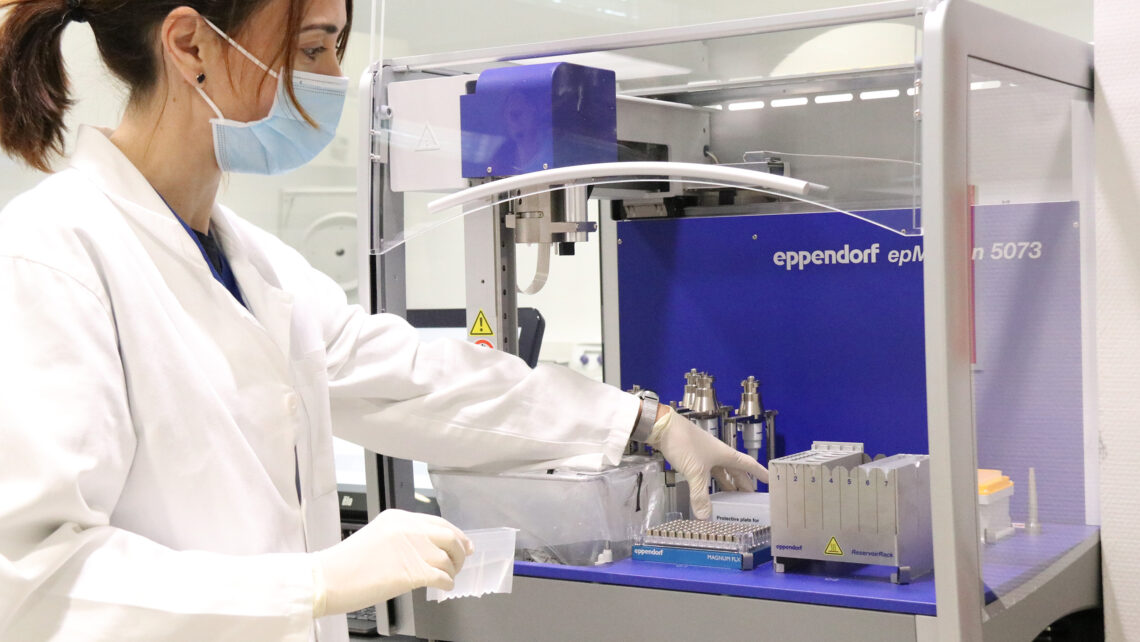
Progress in genetic diagnosis of recurrent pregnancy loss: studying the exome
The ESHRE (European Society of Human Reproduction and Embryology) definition of patients who suffer from recurrent pregnancy is a woman who has had two or more pregnancy losses before week 20 of pregnancy.
Índice
What are the causes of recurrent pregnancy loss?
The pathology has a number of possible causes including anatomical, coagulation, immunological and endocrine abnormalities and so on. Genetics is another of the possible causes of recurrent pregnancy loss. More specifically, chromosome abnormalities are responsible for around 50% of spontaneous pregnancy losses. However, in an elevated percentage of patients, the reason for their recurrent pregnancy losses remains unknown.
Other types of genetic abnormalities, such as those in a single gene, could be the cause of recurrent pregnancy loss if the abnormality exists in genes that are key to embryo and foetus development.
What is an exome?
A person’s exome facilitates analysis of the regions that encode proteins (exons). Most of the genetic alterations in the human genome are found in these regions. Next-generation sequencing (NGS) techniques mean that precise and cheap sequencing of a person’s exome is now possible.
How can an exome analysis in cases of recurrent pregnancy be used?
Exome analysis is an increasingly useful tool in clinical diagnosis of certain pathologies. This is true, above all, in complex illnesses that do not have clearly defined causes and for which there are many potential causes. This is the case of recurrent pregnancy loss.
In reproductive medicine, exome studies on recurrent pregnancy loss patients can be used to determine if genetic causes are the reason for these recurrent issues. They make it possible to provide couples with appropriate genetics and reproduction guidance. By doing so, it is possible to get an understanding of the risk of further pregnancy losses and an idea of what treatment can be given in order to avoid them. Once the variant has been identified using pre-implantation genetic diagnosis (PGD/PGT-M), avoiding pregnancy loss becomes a possibility.
Over the last few years, Instituto Bernabeu has installed the technology in its laboratories that it needs in order to provide patients with the most advanced genetic tests available. For example, exome tests. As a result, the Implantation Failure and Recurrent Pregnancy Loss Unit at Instituto Bernabeu has leading technology at its disposal in order to research the possible reasons for recurrent pregnancy loss.
Dr. Belén Lledó, IBBIOTECH scientific Director of Instituto Bernabeu.
IT MAY ALSO BE OF INTEREST TO YOU:
- Implantation failure and recurrent miscarriage Unit
- Genetic and reproductive counselling centre
- Immunology Unit
- Pre-implantation genetic diagnosis or testing (PGD/PGT)
- What is exome genetic testing? Types of exome genetic tests
